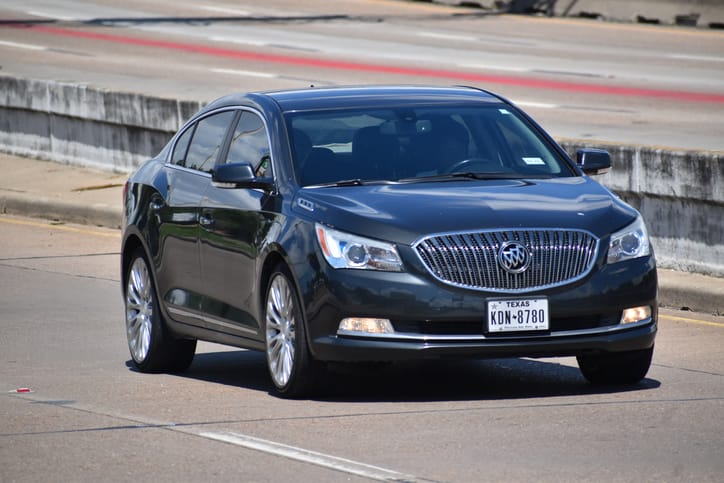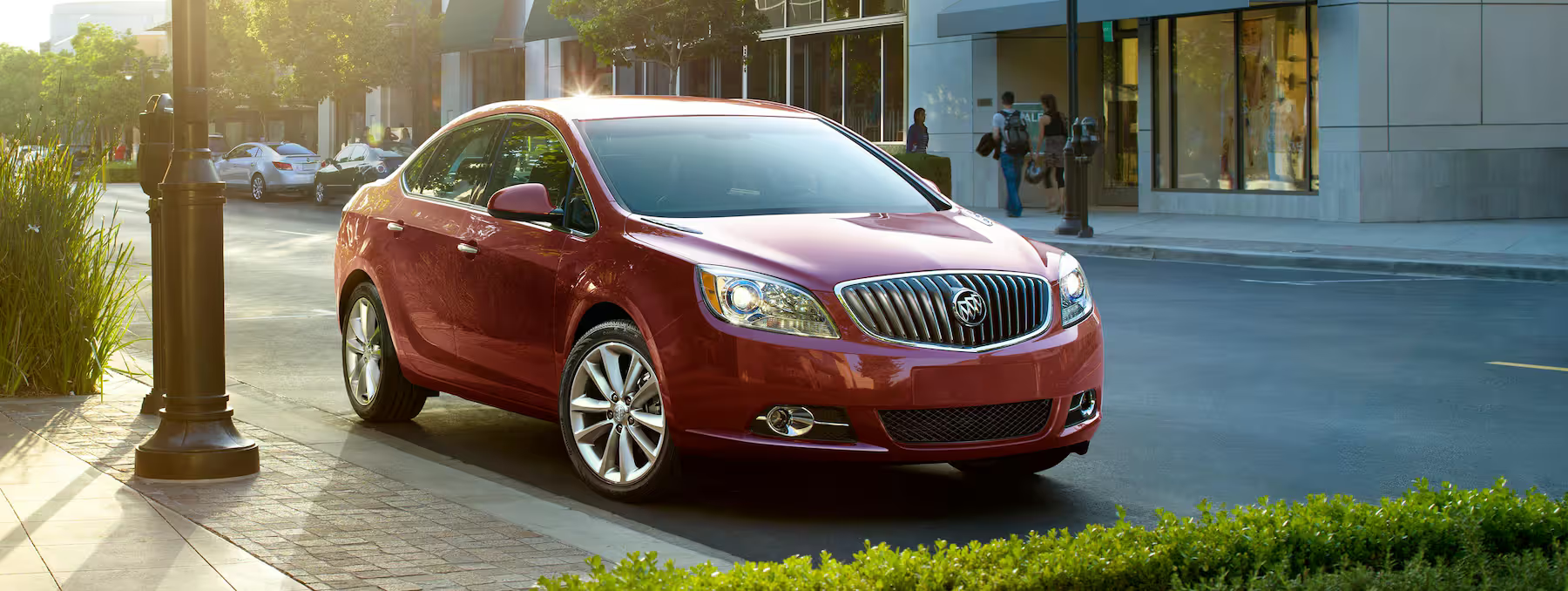The Buick Verano: A Look Back at a Compact Luxury Sedan

The Buick Verano once occupied a distinct space in the American car market. Introduced in 2011, it aimed to recapture the essence of Buick's heritage by offering a refined and luxurious experience in a compact sedan package. While production ceased in 2017, the Verano left its mark, and understanding its legacy provides valuable insight into the evolution of the Buick brand.
A Return to Compact Luxury
Prior to the Verano, Buick hadn't offered a compact car in the United States since the 1998 Skylark. The market, however, was experiencing a surge in demand for fuel-efficient and practical vehicles. Buick saw an opportunity to cater to a new generation of buyers seeking a premium feel without sacrificing practicality.
The Verano was built on General Motors' Delta II platform, which it shared with several other vehicles including the Chevrolet Cruze. This platform provided a solid foundation for a comfortable ride and sure handling. However, where the Verano differed was in its execution. Buick lavished the interior with higher-quality materials and thoughtful design touches. Soft-touch plastics, premium upholstery options, and a focus on sound insulation created a more upscale ambiance compared to its Chevrolet cousin.
Engineered for Comfort and Efficiency
The Verano offered a range of powertrain options throughout its lifespan. Initially, a 2.0L turbocharged I4 engine producing 200 horsepower was the standard choice. Later, a naturally-aspirated 2.4L I4 engine became available for those prioritizing fuel economy. For a sportier feel, a 3.6L V6 engine was introduced, boasting 252 horsepower. Regardless of the engine chosen, the Verano prioritized a smooth and comfortable driving experience over outright performance.
Fuel efficiency was another key selling point. The 2.0L turbo engine achieved an impressive EPA-estimated combined fuel economy of 27 mpg, while the 2.4L I4 delivered even better figures of up to 31 mpg combined. This efficiency made the Verano an attractive option for cost-conscious buyers seeking a premium feel.
Technological Advancements
The Verano kept pace with the times by offering a range of technological features. Buick's IntelliLink infotainment system, with its touchscreen interface and voice recognition capabilities, provided a user-friendly way to access navigation, audio, and phone functions. Available safety features included a rearview camera, blind-spot monitoring, and lane departure warning, making the Verano a well-equipped option for safety-minded drivers.
Shifting Tides in the Market
Despite its strengths, the Buick Verano faced challenges in the ever-evolving automotive landscape. The rise of the crossover SUV segment captured a significant portion of the market, with buyers drawn to the increased space and versatility they offered. Additionally, the Verano's price point positioned it competitively against entry-level luxury sedans from established European and Japanese brands.
Furthermore, the Verano's discontinuation coincided with Buick's strategic shift towards a more performance-oriented brand image. Models like the Regal GS and the Avenir aimed to attract a younger demographic seeking a more dynamic driving experience.
A Legacy of Refinement
Although its production run ended in 2017, the Buick Verano left a lasting impression. It offered a compelling alternative for those seeking a luxurious and comfortable driving experience in a compact package. The Verano's legacy lives on in Buick's continued focus on premium materials, technology integration, and a commitment to delivering a refined driving experience.

Even though you can no longer find a new Verano on dealership lots, the car remains a popular choice in the used car market. Its combination of comfort, fuel efficiency, and features continues to resonate with budget-minded buyers seeking a touch of luxury in their daily commutes.
In Conclusion
The Buick Verano's story serves as a microcosm of the broader trends that have shaped the automotive industry in recent years. While the compact luxury sedan segment has faced challenges, the Verano's legacy reminds us of the enduring appeal of comfort, refinement, and a touch of luxury in a practical and fuel-efficient package.
